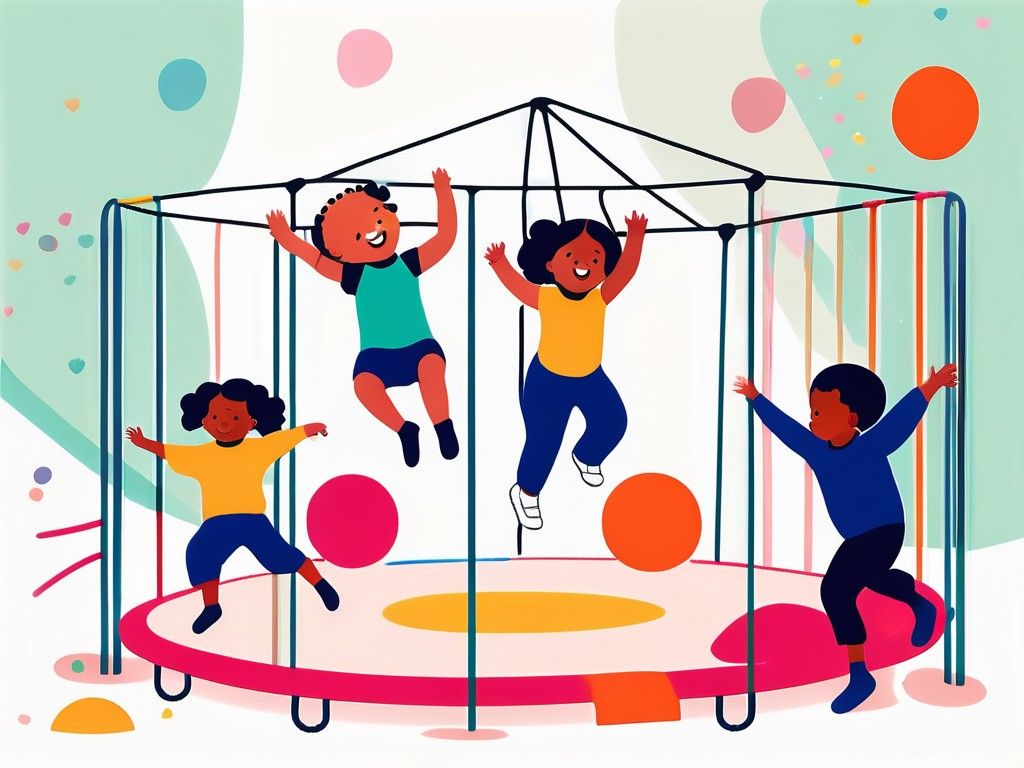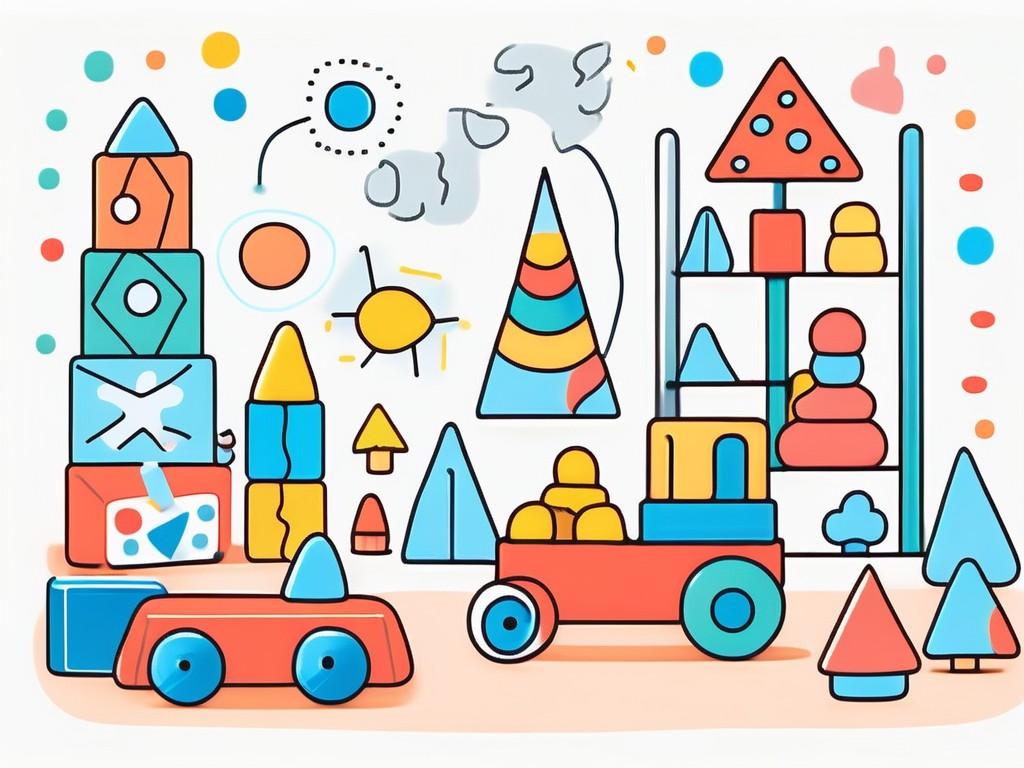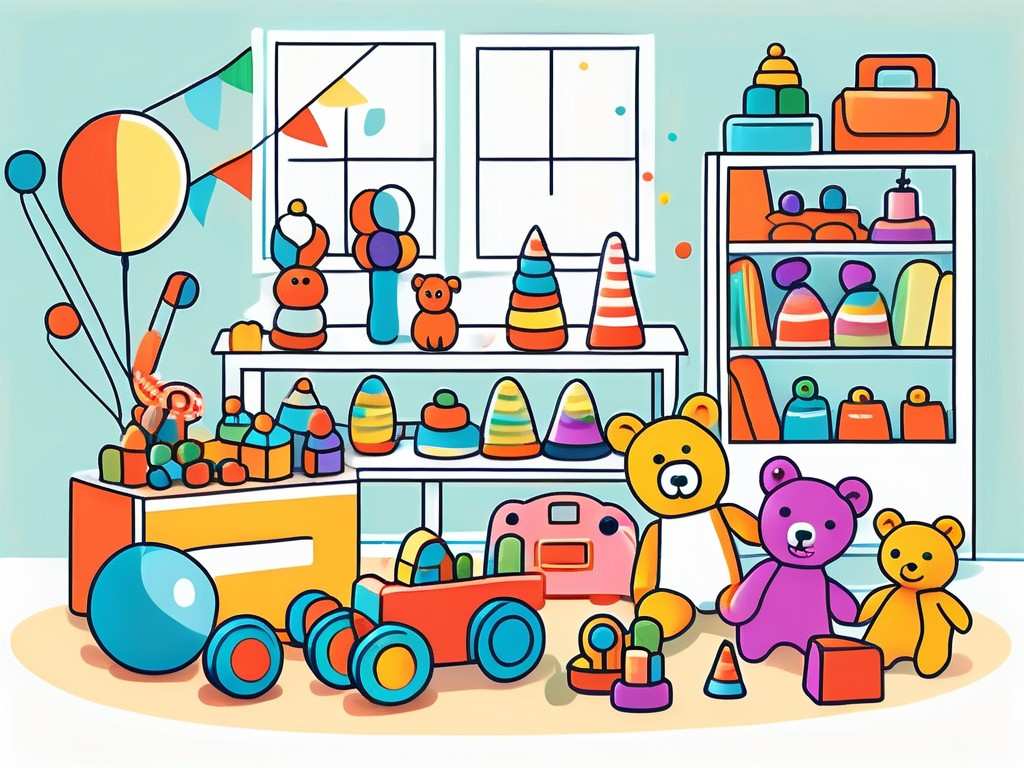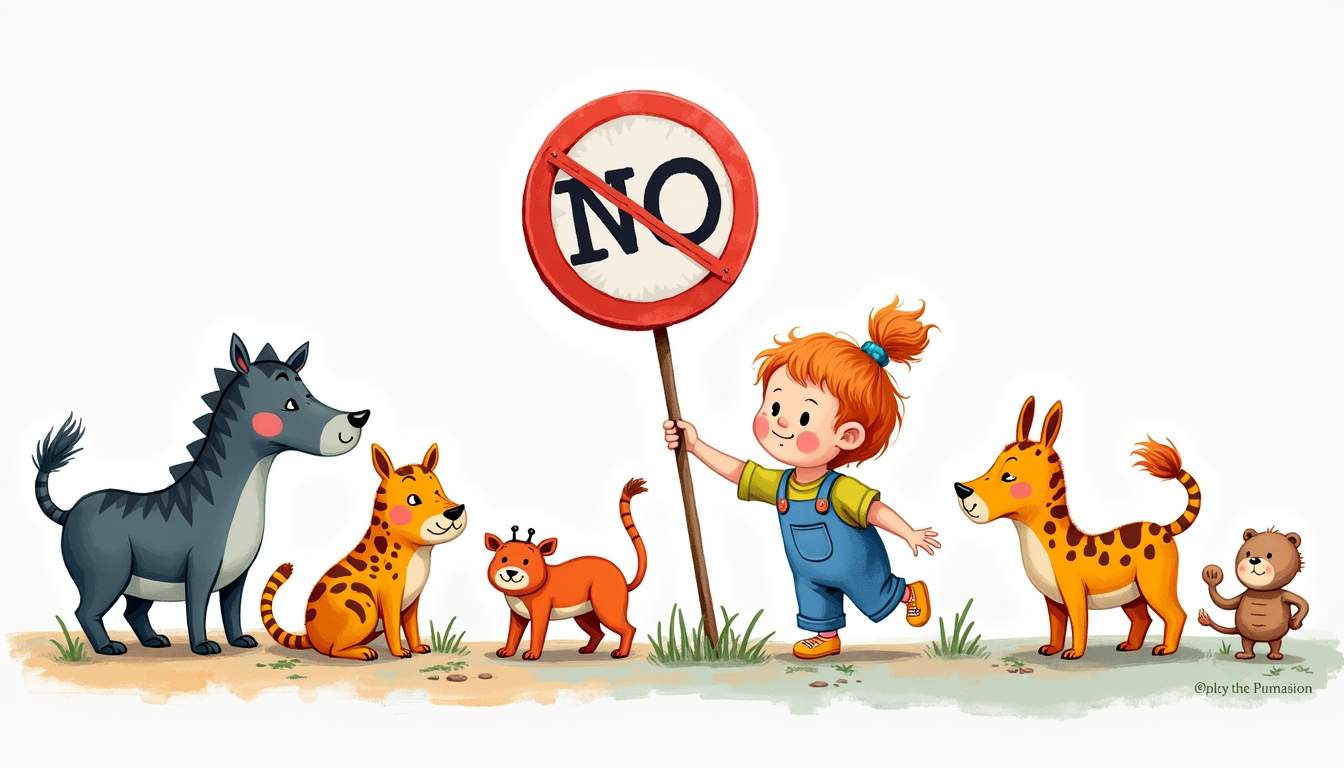As parents and caregivers, it is essential to nurture the development of toddlers through engaging activities. Toddlers experience rapid growth in various areas, including physical, cognitive, social-emotional, and language skills. This article explores top activities that can effectively boost these developmental milestones, providing a comprehensive overview of how to support young children during this critical stage of their lives.
Understanding Toddler Development
Toddler development is a complex process where children experience significant growth across multiple domains. Understanding these areas can help caregivers choose appropriate activities that cater to their child’s specific needs. While toddlers flourish emotionally, socially, and cognitively, they also make great strides in their physical abilities. During this stage, children begin to assert their independence, exploring their environment with newfound confidence, which can sometimes lead to challenging behaviors as they test boundaries.
The Importance of Stimulating Activities
Engaging in stimulating activities can significantly enhance a toddler’s overall development. Such activities not only provide opportunities for skill acquisition but also foster a sense of curiosity and creativity. Exposure to diverse experiences helps toddlers develop problem-solving skills while enhancing their ability to interact with the world around them. For instance, simple tasks like stacking blocks or sorting shapes can introduce concepts of balance and categorization, laying the groundwork for more complex cognitive tasks in the future.
Moreover, incorporating stimulating activities into daily routines allows for enjoyable family interactions, strengthening bonds between parents and children while promoting a healthy learning environment. The right kind of play is essential for toddlers to learn effectively while having fun. Activities such as singing, dancing, or even cooking together can enhance not only physical coordination but also language skills, as toddlers learn new words and phrases in context. These moments of engagement are invaluable, as they create lasting memories and foster a love of learning that can carry into later childhood.
Key Areas of Toddler Development
There are several key areas in toddler development that caregivers should focus on, including:
- Physical Development
- Cognitive Development
- Social-Emotional Development
- Language and Communication Skills
Each of these areas plays a crucial role in a toddler’s growth, and intentionally integrating activities that target these domains can promote well-rounded development. For example, physical development can be encouraged through outdoor play, where toddlers can run, jump, and climb, helping to strengthen their muscles and improve coordination. Meanwhile, cognitive development can be stimulated through puzzles and games that challenge their thinking and reasoning abilities.
Social-emotional development is equally important, as toddlers learn to navigate their feelings and interactions with others. Activities that involve turn-taking or cooperative play can teach valuable lessons about sharing and empathy. Additionally, fostering language and communication skills through reading together or engaging in conversations about daily experiences can significantly enhance a toddler’s vocabulary and comprehension. By nurturing these key areas, caregivers can help their toddlers thrive in a supportive and enriching environment.
Physical Activities for Toddlers
Physical activities are vital for cultivating strength, coordination, and overall health in toddlers. Young children naturally enjoy moving their bodies, making it an ideal time for caregivers to introduce games and exercises that enhance their physical skills. Engaging in regular physical activity not only supports their physical development but also contributes to cognitive growth, as movement is closely linked to brain development in early childhood.

Outdoor Games for Physical Development
Outdoor games provide toddlers with the opportunity to explore their surroundings while developing gross motor skills. Activities such as tag, hide and seek, or playing with a ball can help improve balance, coordination, and endurance. Additionally, going for nature walks or visiting parks offers a stimulating environment for children’s physical engagement. During these outings, toddlers can discover various textures, sounds, and sights, which enrich their sensory experiences and promote curiosity about the world around them.
Simple activities like jumping over small obstacles or running around can also enhance cardiovascular fitness and overall well-being. Encouraging spontaneous play in natural settings not only promotes physical health but also fosters an appreciation for nature. For instance, playing with leaves, climbing on rocks, or splashing in puddles can turn an ordinary day into an adventure, allowing toddlers to develop their imagination while engaging in physical activity. These experiences can also help build social skills as they interact with peers, learning to share, cooperate, and communicate during play.
Indoor Exercises for Motor Skills
On days when outdoor play isn’t possible, there are numerous indoor exercises to promote motor skills. Creating an obstacle course using cushions, furniture, and soft toys can stimulate a child’s physical abilities and problem-solving skills. Activities such as dancing, yoga, or simple stretches tailored for toddlers can improve flexibility and body awareness. These exercises can be made even more engaging by incorporating themes, such as pretending to be animals or mimicking movements from their favorite stories, which can capture their imagination and keep them motivated.
Incorporating rhythm through music can also make indoor exercises more enjoyable, allowing toddlers to learn while they move. By facilitating a variety of movements indoors, caregivers can ensure that physical development continues regardless of weather conditions. Using musical instruments or clapping hands can enhance the experience, encouraging toddlers to explore different tempos and rhythms. Additionally, simple games like “Simon Says” can promote listening skills and body control, making exercise a fun and interactive experience that nurtures both physical and cognitive growth in young children.
Cognitive Development Activities
Cognitive development during the toddler years is critical, as children begin to think, learn, and understand the world around them. Engaging in cognitive activities can enhance problem-solving abilities, critical thinking, and reasoning skills.

Puzzles and Problem-Solving Games
Puzzles are a fantastic way to encourage cognitive growth in toddlers. From simple shape sorters to age-appropriate jigsaw puzzles, these activities promote hand-eye coordination while challenging a child’s ability to think critically. Selecting colorful, engaging designs can attract toddlers’ attention and make the learning process enjoyable.
Additionally, introducing problem-solving games—such as building blocks or matching games—can further stimulate a toddler’s cognitive abilities. These activities encourage children to explore different solutions and foster creative thinking.
Interactive Learning Activities
Interactive learning activities, such as sensory bins or arts and crafts, provide a multi-sensory experience that engages toddlers in hands-on exploration. Sensory play allows children to experiment with various textures, scents, and colors, fostering their natural curiosity while supporting cognitive development.
Moreover, involving toddlers in cooking or baking can be an excellent way to blend cognitive learning with real-life skills. Measuring ingredients and following simple instructions reinforces concepts like counting, sequencing, and cause-and-effect reasoning. These experiences contribute significantly to a toddler’s cognitive understanding while making learning enjoyable.
Social-Emotional Development Activities
Social-emotional development is essential for toddlers as they learn to navigate relationships, express emotions, and build self-confidence. Engaging in activities that focus on these aspects can enhance their ability to interact with peers and adjust to social situations.
Role-Play Games for Emotional Understanding
Role-play games are a fun and effective method for fostering emotional understanding in toddlers. Through dramatic play, children can act out various scenarios, allowing them to experiment with different emotions and responses. This practice helps toddlers understand feelings such as happiness, sadness, anger, and empathy.
Encouraging toddlers to engage with dolls, action figures, or puppets during role-play scenarios allows them to explore social dynamics while building emotional intelligence. This form of play often leads to discussion about feelings, making it a valuable learning opportunity.
Group Activities for Social Skills
Participating in group activities can also support toddlers in developing crucial social skills. Playdates, group classes, or even family gatherings provide environments where children can practice sharing, cooperating, and taking turns. These experiences are fundamental in teaching toddlers how to relate to others and manage their emotions in social settings.
Additionally, guided group games such as singing or dancing in a circle can promote teamwork while reinforcing a sense of community among toddlers. As they learn to interact with their peers, they develop a strong foundation for future social relationships.
Language and Communication Activities
Language acquisition is a vital developmental milestone during the toddler years. Engaging toddlers in language and communication activities can inspire a love for words and enhance verbal skills.

Reading and Storytelling for Language Acquisition
Reading to toddlers is one of the most effective ways to support language development. Choosing age-appropriate books with vibrant illustrations can capture their attention while expanding their vocabulary. Encouraging toddlers to participate in storytelling by asking questions or making predictions about the plot can enhance their comprehension skills.
Moreover, discussing characters, locations, and emotions in stories fosters deeper engagement and helps toddlers process what they hear. These conversations can lead to an increased understanding of language structure and the context in which words are used.
Music and Rhymes for Communication Skills
Music and rhymes are not only enjoyable for toddlers but also serve as powerful tools for enhancing communication skills. Singing songs and nursery rhymes helps develop phonemic awareness, rhythm, and memory—crucial components for literacy development.
Encouraging toddlers to join in with actions while singing can reinforce concepts and improve motor skills simultaneously. Through music, children learn to express themselves while building connections with others as they share in the joy of singing and dancing together.
In conclusion, engaging toddlers in a variety of activities across multiple developmental domains is essential for their holistic growth. By understanding toddler development and implementing targeted activities, caregivers can support the exciting journey of growth and learning that defines early childhood.











